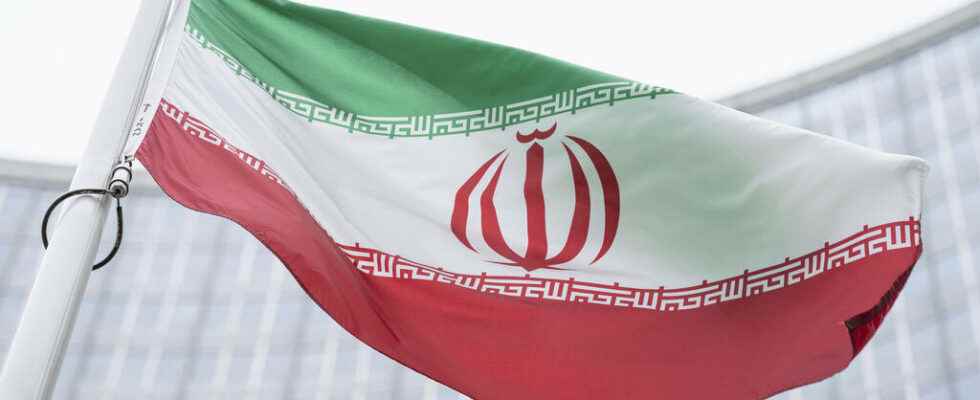Iran has sent its response on the nuclear issue to Josep Borell, the head of European diplomacy, while laying down its conditions. This while the EU had affirmed that the text presented was “final” and that it was to be taken or left.
Tehran’s response, sent before midnight, demands further concessions from the United States. ” Iran expressed concern over several outstanding issues. These are not issues that Westerners could not settle. We are closer to an agreement, but until these issues are resolved, the job is not done. “said Seyed Mohammad Marandi, the adviser to the team of Iranian negotiators, reports our correspondent in Tehran, Siavosh Ghazi.
As of yesterday, the head of Iranian diplomacy Hossein Amir Abdollahian had specified that the Americans had shown flexibility orally on two of the three outstanding issues, but that Iran wanted guarantees that Washington would not leave again –as he did in May 2018– I’nuclear agreement of July 2015. Clearly, this means that nothing is final yet. Especially since State Department spokesman Ned Price reacted by saying that Tehran should drop its demands ” superfluous “.
With the war in Ukraine, the energy crisis as winter approaches and considerable progress in its nuclear program, Tehran believes that it is in a position of strength and wants to obtain the maximum concessions from the United States and the European countries before any agreement.
► Read also : resolution urges Iran to cooperate with IAEA
After several months of blockage, the discussions resumed on August 4 in the Austrian capitale for yet another attempt to save, under the aegis of the EU, the international agreement concluded in 2015 between Iran on the one hand and the United States, Great Britain, China, France, Germany and Russia. On July 26, the head of European diplomacy and coordinator for the Iranian nuclear dossier, Josep Borrell, submitted a draft compromise and called on the parties involved in the talks to accept it in order to avoid a “dangerous crisis”.
► Read also : Iran claims to have the technical capacity to manufacture atomic weapons
